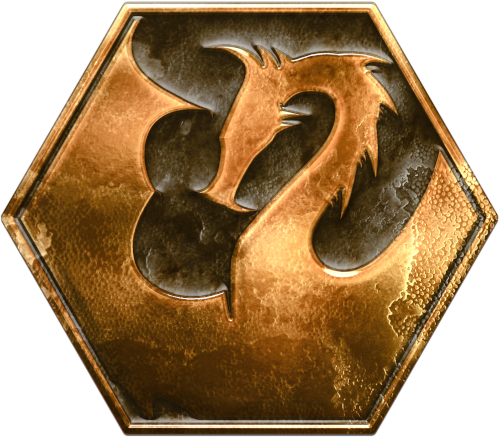Howso? I specifically cited the actual mechanics of the classes, regardless of what setting they appear in. There is no edition where the Wizard class has had actual "I am part of an academic community" mechanic. No mechanic for actually doing spell research beyond "DM Says", which isn't relevant here because
anybody could try magical stuff in the right contexts (thank you, Fafhrd and the Grey Mouser)--one of the
exceedingly rare places where magic wasn't given special favoritism (contravened only by DM....
interventionism).
Sure,
the old ways were clunky and cumbersome etc., etc. But the point stands: You are claiming that the Wizard represents things like
- Participating in a community of scholars, who perform studies and, most importantly, share and credit their discoveries
- Focusing on cataloguing and clear, consistent categorization and formal structure (for pre-20th-century science), or on rigorous method, statistical analysis, and reproducibility (20th-century science and beyond)
- Performing actual research practice, such as iterative development, proposing hypotheses and testing them, or generalizing from a set of observational data to develop an abstract theory that explains why the data takes the form it does
None of these things are present in the Wizard, nor have they ever
been present in the Wizard. Not one part of the above is even remotely manifest in
any version of the Wizard, except the "DM Says" spell research of early-edition D&D.
In every thematic way, the Wizard--in every edition, including my own preferences!--has nothing whatever to do with doing "science" as we understand that word, nor even "natural philosophy" as the Ancient, Medieval, or Renaissance mind would. It has, beat for beat, nearly every single trope associated with Renaissance-era occult-obsessed "magi" trying to understand the hidden, secret truths of
true reality lying behind the mundane skein we know.
Sure. Those institutions allegedly exist.
Nothing whatsoever about being a Wizard interacts with them. At all. Ever.
It's like saying that because universities existed in the medieval era, that the Rosicrucians couldn't
possibly be a secret society. Seriously, this is totally irrelevant. The game does not represent, and has not ever represented, the Wizard as actually belonging to
academia as we understand that term. Instead, it is almost exclusively represented--in both the descriptions and the mechanics--as being a whole bunch of people who jealously and zealously guard their discoveries, who would prefer that their discoveries be lost forever rather than allowing others to learn them without equal or greater compensation. It's got far more in common with a "library" where people only donate books to the library because they get greater rewards than keeping the books for themselves, and every participant is constantly looking for a way to get a leg up on all the others.
Settings can protest up and down that no no no, there's TOTALLY a real scholarly community, and they totally do actually work collaboratively, and they have a culture of sharing and proving sharable stuff etc., but this alleged community
never actually results in spells being widely shared. It never manages to convince any high-level Wizards to start publishing their research and getting peer review etc., etc. There's nothing equivalent to academic journals, which have been the backbone of "science" since long before it was called by that name. If such a community exists, it is inexplicably locked in medieval stasis.
Having "suggested prices for copying spells" is precisely the
opposite of a community of sharing and prestive-via-primacy, and instead reflects a community of secrecy and prestige-via-
collection. Rather than being a community of collaborative researchers one-upping one another by
proving their intelligence via documentary evidence, it's a community of begrudging
textbook collectors, who don't want to allow anyone to copy their collection unless they're adequately compensated for doing so, and one of the great motivators for a Wizard is to delve deep into forgotten places in order to find the lost spells of the ancients.
If we had even a single representation of doing
research (not just "I know some more skills" but actually the empirical method in some way or other), or of collaborating with a scholarly community that expects to work together.
 a5e.tools
a5e.tools
